This post was originally published on The Conversation
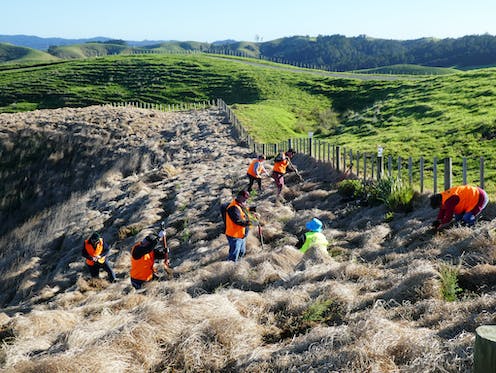
On the whole, humanity has been devastating for planet Earth. But our fates are linked, and people, on our good days, can also be nature’s greatest defenders.
The Conversation Global’s series “Humans in our Habitat” tells the tales of conservation-minded communities, from rural Tibetans who’ve always understood the meaning of biodiversity to Bronx residents relearning how to respect their river.
The small hands of Moroccan recycling

A wastepicker working in the streets of Casablanca. (Photo Pascal Garret, July 2013) www.bab-el-louk.org, CC BY-NC-ND, CC BY-NC-ND
Despite being outcasts in Moroccan society, waste collectors defend their profession as protectors of the environment.
Restoration ecology helps nature (and humans) heal
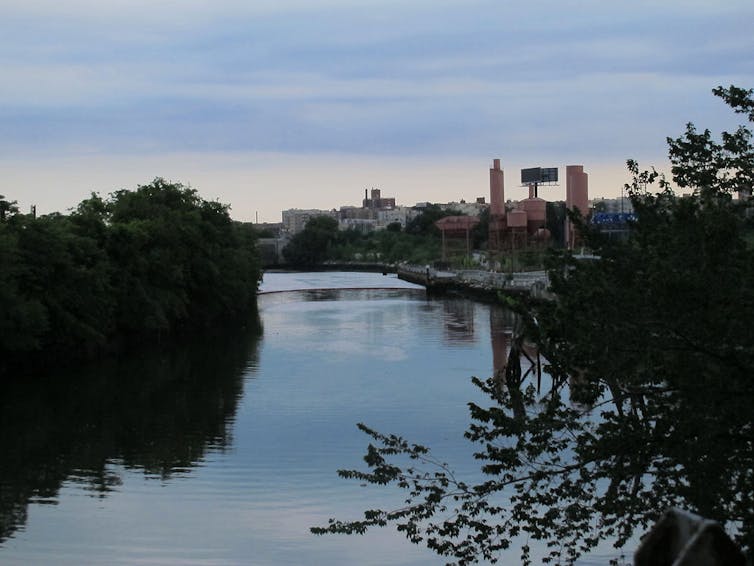
The Bronx River will never be the way it used to be, but it sure looks a lot better today than it did 20 years ago. RickShaw/flickr, CC BY-SA, CC BY-SA
We can’t return degraded landscapes to their original state but we can change the way people relate to their local environments. From New York to Romania, communities are joining forces to relearn how to live with nature.
The fire-fighting kids of India’s Khasi Hills
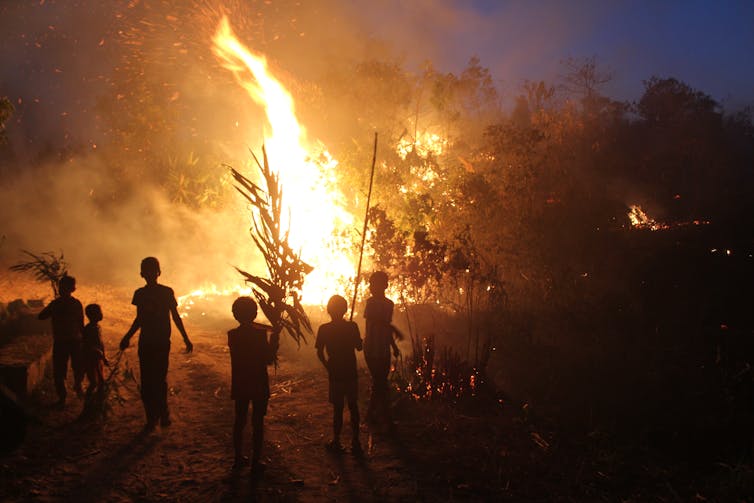
A bunch of Khasi children fire-fighters watch on, as the flames erupt in a slash and burn episode. Mirza Zulfiqur Rahman, Author provided, Author provided
In north-east India, children of the Khasi Hills (Meghalaya) learn slash-and-burn cultivation, a centuries-old indigenous practice now opposed by the Indian government, which cites environmental degradation..
These villagers protect biodiversity at the top of the world
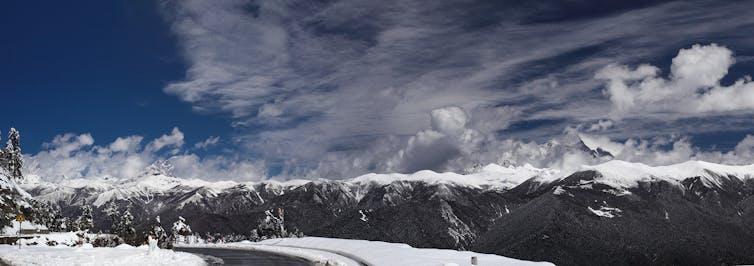
Gyala Peri and Namcha Barwa – Tibet. 梁逸晨/wikimedia, CC BY-SA, CC BY-SA
On the Tibetan plateau, the village of Yunta is showing that animals and humans can live peacefully together and care for one another.
From Ecuador to New Zealand, nature gets its day in court
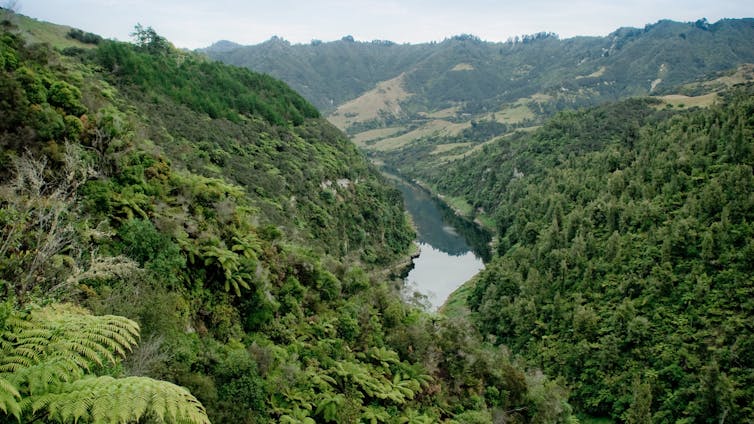
The Whanganui River, seen here, is now a person under New Zealand law. AlexIndigo/Flickr, CC BY-ND, CC BY-ND
New Zealand just conferred personhood upon the Whanganui River, giving it standing to legally defend its rights. Can this novel strategy save the environment?
![]()




0 Comments